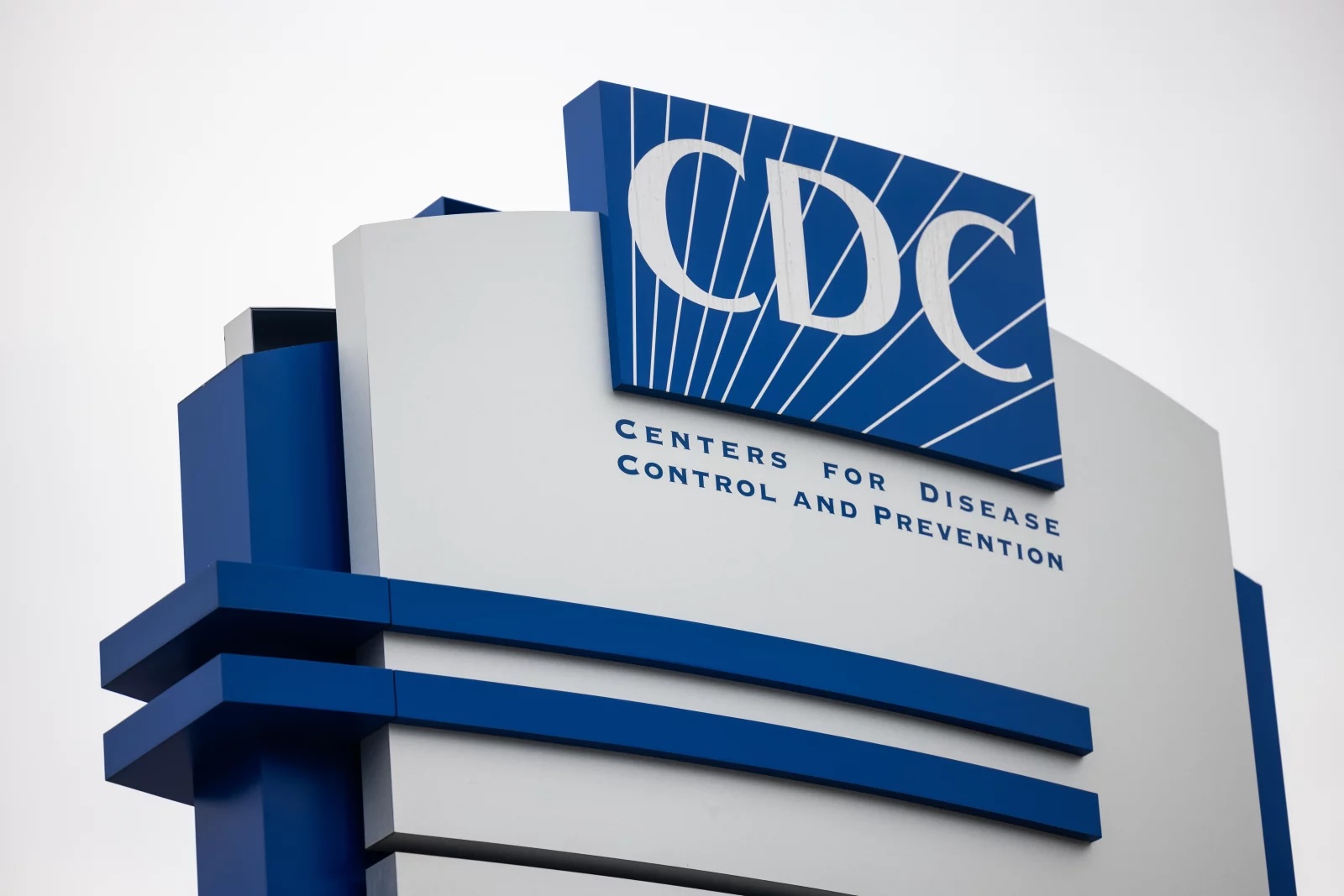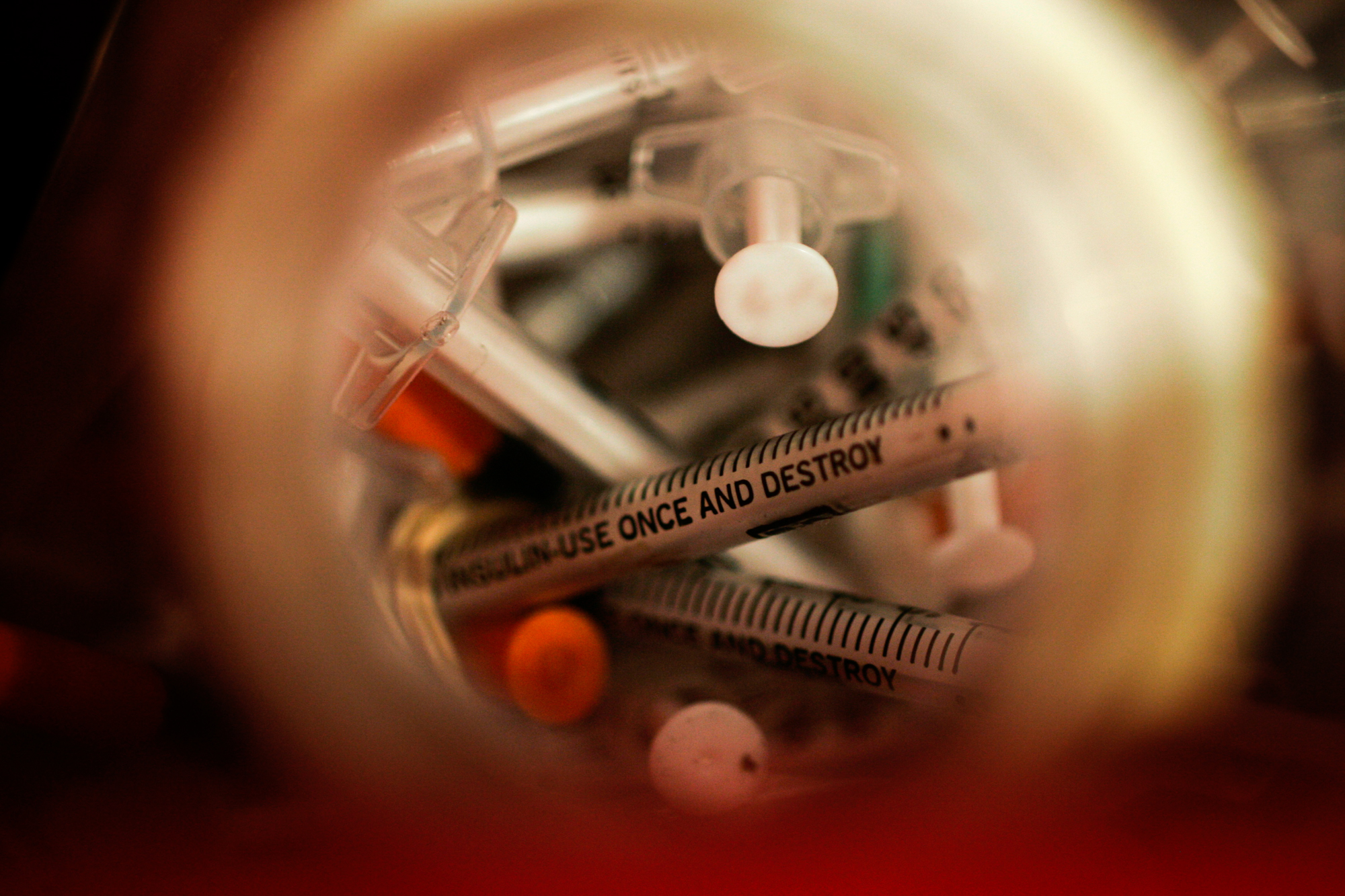CDC officials said “fluctuations” in drug overdose deaths could be caused by a number of factors including changes in the illegal drug supply and shifts in access to treatment.
This CDC data is from the period before President Trump took office or any of his policies took effect.
But the apparent rise in drug deaths comes as the Trump administration and Republicans in Congress are moving to curtail spending on addiction-related public health and science programs, as well as funding for Medicaid, which currently provides the largest source of insurance coverage for people in the U.S. experiencing addiction.
“America is still in the middle of an incredibly deadly addiction and overdose crisis,” Dr. Stephen Taylor, head of the American Society of Addiction Medicine, said in response to the latest CDC data.
“Reducing federal support for Medicaid — the largest payer of mental health and substance use disorder treatment — would be a sign of retreat,” Taylor added.
Regina LaBelle, former White House acting chief of the Office of National Drug Control Policy under President Joe Biden, who studies addiction policy at Georgetown University, echoed that concern but said she hopes this report amounts to a “blip” in what had been steady improvements in drug death numbers.
“I do know that there’s always more we can do in a bipartisan way to curb overdose deaths. Cutting grants to states and laying off thousands of employees isn’t a plan,” she said.
Last week, the U.S. Health and Human Services Department sent a statement to NPR saying “reorganization” of federal addiction programs is designed to improve their “efficiency and effectiveness.”
“We aim to streamline resources and eliminate redundancies, ensuring that essential mental health and substance use disorder services are delivered more effectively,” the HHS statement said.
In a statement to NPR on Tuesday, CDC officials said this latest data highlights the need for continued “public health investments” to research and monitor street drug impacts.



